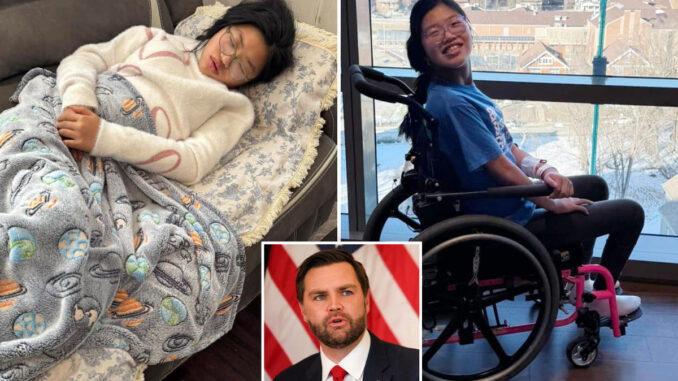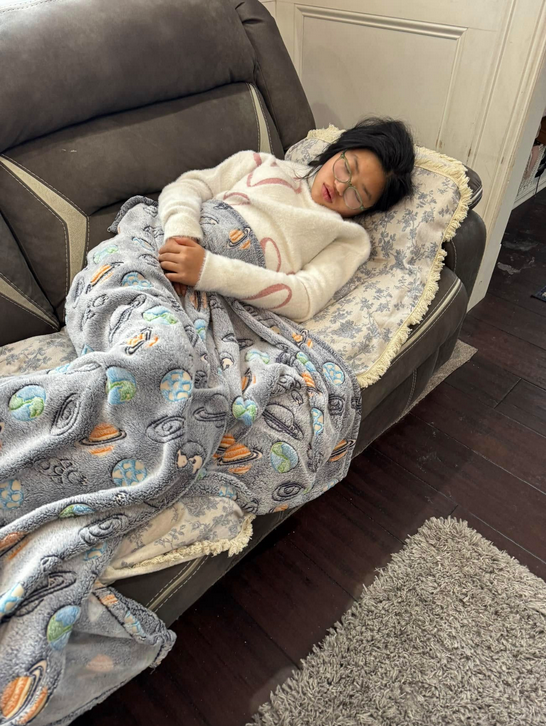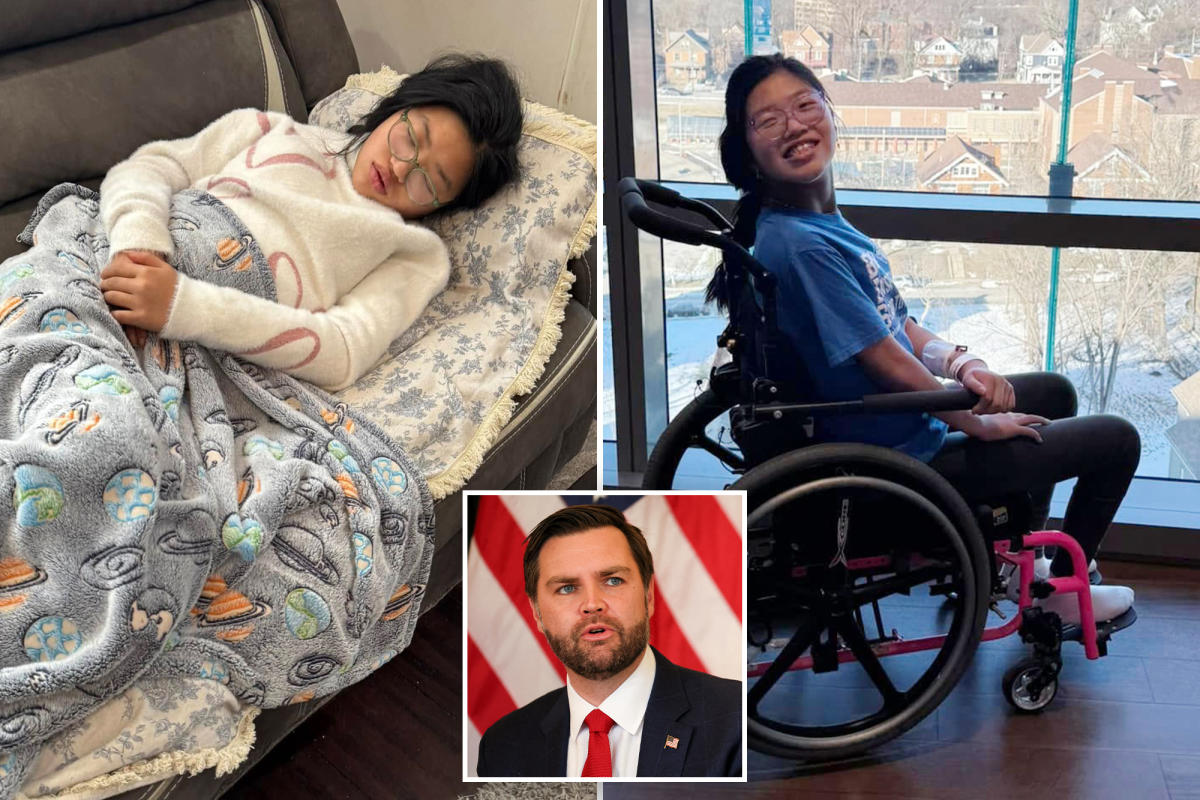
A 12-year-old Indiana girl, Adaline Deal, has been denied a life-saving heart transplant—not because she isn’t a match, not because there’s no donor, but because she isn’t vaccinated against COVID-19 and the flu.
Yes, you heard that right. In the year 2025, hospitals are still enforcing vaccine mandates for procedures as critical as organ transplants, despite everything we now know.

BYPASS THE CENSORS
Sign up to get unfiltered news delivered straight to your inbox.
You can unsubscribe any time. By subscribing you agree to our Terms of Use
Latest Video
Adaline, a relative of Vice President J.D. Vance by marriage, was born with two rare heart conditions. Her parents had always known she would one day need a transplant. But after nearly a decade of treatment at Cincinnati Children’s Hospital, that care now comes with an ultimatum: get vaccinated or be denied the chance to live.
But the hospital requires transplant patients to be vaccinated, and declined to make an exemption even when told it goes against the family’s religious beliefs as nondenominational Christians, the parents said.
“I thought, wow. So, it’s not about the kid. It’s not about saving her life,” Janeen Deal told the newspaper of the hospital’s decision to deny her daughter.

NYPost report: The mom, who believes vaccines are unsafe, said she and her husband decided not to vaccinate Adaline against COVID-19 or the flu after “the Holy Spirit put it on our hearts.”
Vaccinations against preventable diseases are recommended for transplant recipients because those patients are much more vulnerable to infections.
For patients with severe illnesses like Adaline, who has Ebstein’s anomaly and Wolff-Parkinson-White Syndrome, there is a higher risk of death if infected with COVID compared to other patients, according to Dr. Camille Kotton, the clinical director of transplant and immunocompromised host infectious diseases at Massachusetts General Hospital.
“The first year after transplant is when they’re at highest risk for infection, but they do have a lifelong risk of severe disease and transplant patients are still dying because of COVID-19,” Kotton said.
Janeen, however, said she was confident her family, including their 11 other children, would not have any problems with COVID-19 after the transplant.
“We’ll take it as we can if it happens,” Janeen said. “But I know I cannot put this (vaccine) in her body knowing what we know and how we feel about it.”
A Cincinnati Children’s spokesperson declined to confirm that Adaline had been kept off the transplant list, but told the Enquirer that the hospital’s clinical decisions are “guided by science research and best practices” and that the hospital follows guidelines from the National Institutes of Health.

